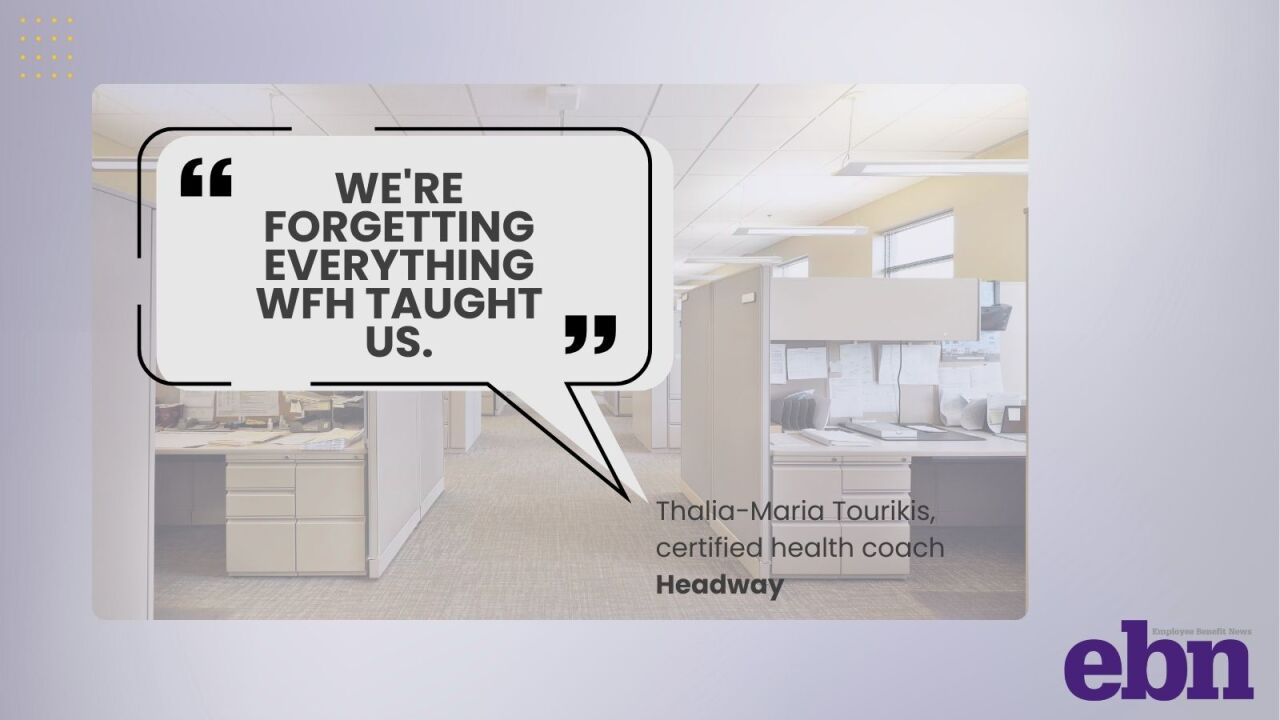- Key Insight: Discover how retirement timelines are diverging from workers' financial expectations.
- Supporting Data: Only 37% expect to retire within a realistic timeframe.
- Forward Look: Prepare for increased AI-driven personalization and demand for guaranteed-income retirement solutions.
- Source: Bullets generated by AI with editorial review
Retirement has long been seen as a well-earned reward for decades of hard work. But leaving the workforce is still a distant dream for the majority of Americans.
According to a new survey from
"What stands out most is how many Americans feel retirement is out of reach," says Kourtney Gibson, CEO of TIAA Retirement Solutions.
To cope with the uncertainty, some people are even considering unconventional strategies like winning the lottery, Gibson added.
Read more:
"That really highlights a bigger issue: People want security, but they're not getting the guidance and tools they need to build it," she says. "To me, this reinforces why access to guaranteed income, personalized advice and strong workplace retirement plans is so critical — those are the things that can help turn uncertainty into confidence."
Barriers to saving
Those who are able to save are mostly doing it through traditional means such as employer-sponsored retirement plans, Social Security and personal savings. But a growing number of people are already preparing for the possibility that they'll still need to work later in life.
The barriers to savings are both practical and emotional, according to the survey. Nearly half — 49% — of adults say they simply don't make enough money to save. Another 31% are focused on other financial needs, while 29% say debt holds them back.
Read more:
Only 25% of Americans say they wouldn't touch their retirement savings under any circumstance. But even that nest egg feels increasingly fragile: TIAA's data found that about 30% of adults say they aren't confident they'll be able to fund their basic expenses for the rest of their life. Another 33% aren't sure how long their savings would actually last.
Just under half — 48% — actually save in consistent, planned increments. That lack of structure can make it hard to build momentum and stay disciplined.
Gibson says it's important to educate employees around creating good habits, especially for
"The key is to connect the basics — saving, contributing to a workplace plan and exploring guaranteed income options — with flexibility and freedom," she says. "Don't underestimate the power of compounding interest, especially during your working years. Even small, consistent contributions early on can grow over time, and having professional guidance can help you balance building long-term security with enjoying life now."
Read more:
Most adults agree that people should start saving for retirement at a young age — ideally by 22 — but only 20% actually did so. That gap between belief and action is part of the growing challenge facing future retirees.
How AI can help
Gibson says that
But don't expect the technology to replace financial advisers, she added. According to the survey, about one in four adults regularly meet with a financial adviser, and those who earn more are more likely to seek professional advice.
"It will help them deliver more tailored guidance so people can feel more confident and in control of their financial futures," Gibson says. "At TIAA, we're using AI tools to support both clients and advisers, ensuring humans remain in the loop while AI amplifies insight and efficiency."






